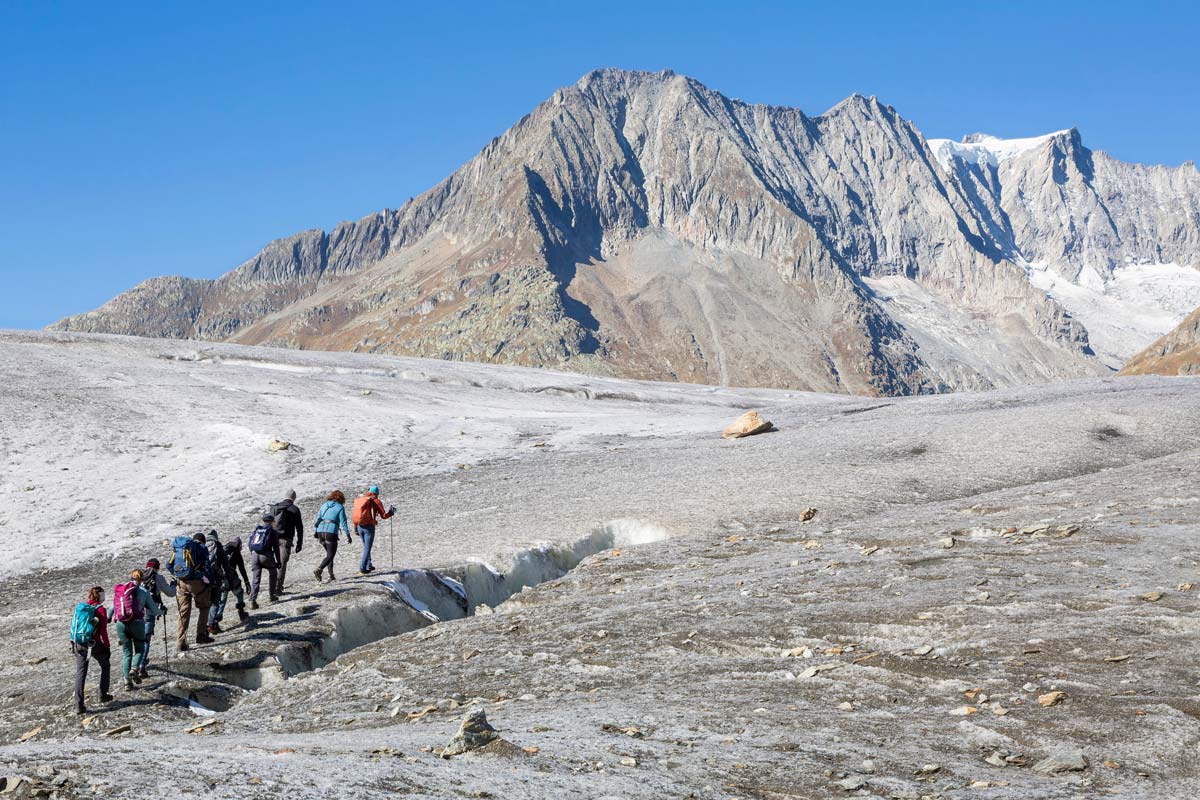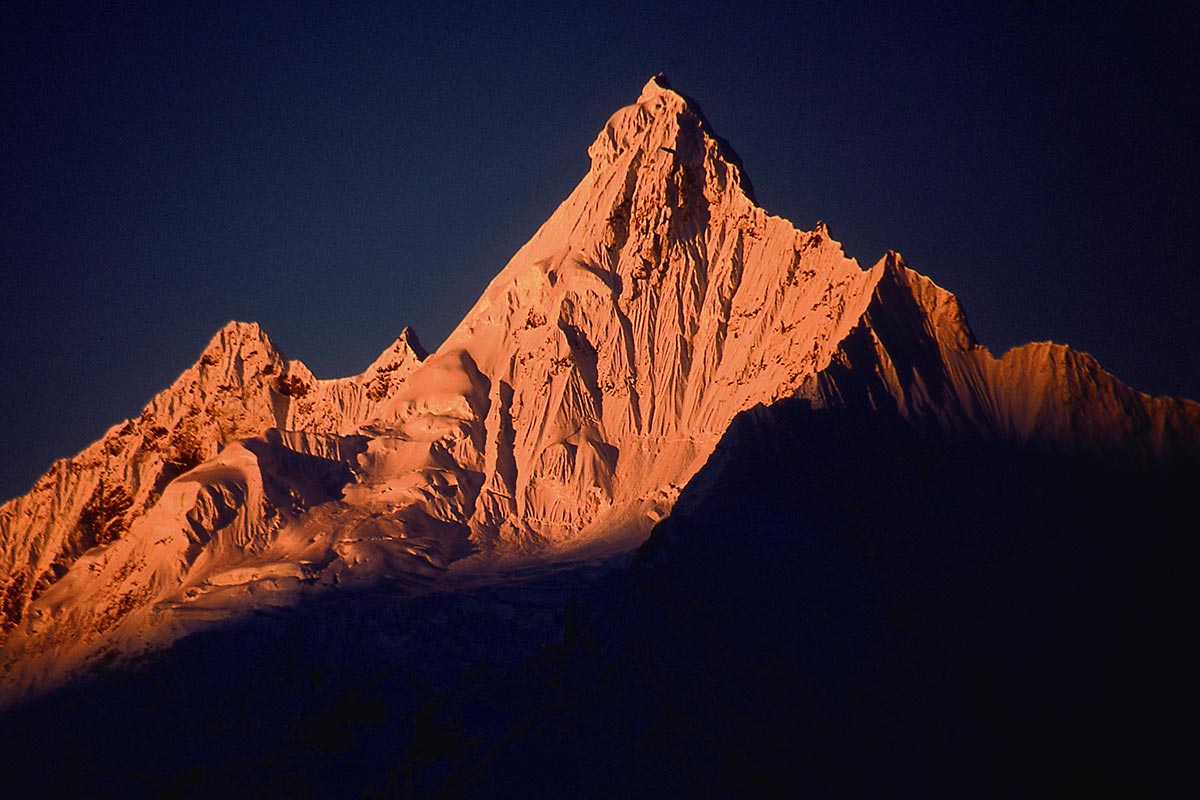he countdown to the 2011 Ice Climbing World Cup (January 8-March 8) has begun. For the first time, an event will be held in Asia, hosted by the Korean Alpine Federation. There will be Lead and Speed competitions in Cheongsong, Korea, as well as the established events across Europe.
The UIAA would like to expand the circuit further, and organize or certify some North American events in order to make them part of the Ice Climbing World Cup. David Dornian of the Alpine Club of Canada, and newest member of the UIAA Ice Climbing Commission, explains the challenges the UIAA may face in bringing the UIAA World Cup brand across the Atlantic Ocean.
A number of ice climbing competitions take place across North America each winter. Are they in any way co-ordinated as part of a common circuit, or are their common rules, common disciplines etc?
They are not coordinated nor have they ever been. There have been some traditional annual events, and some quite high profile ones, too, but they have never been connected to each other in a series, or a common format for competition, or under any one organization. The competitions that exist tend to be associated with ice climbing gatherings or festivals, and they take a supporting role to the commercial or tourism-oriented focus of the programming.
How successful are these events at attracting top climbers? How great is the sponsorship potential?
These existing events usually ‘invite’ top climbers to present or teach clinics as much as to compete. Prize money is quite minimal, and the organizers try to attract climbing stars, or sponsored athletes by other means. The sponsorship potential is quite good, though it is often already embedded, in the sense that it is the sponsors who are hosting the ice climbing festivals and they are not always so enthusiastic about seeking out climbers who might not be in their stable, or as well known to the audience they hope to attract.
How would you see N.American events being integrated into the UIAA World Cup circuit, and what hurdles need to be overcome?
Typical growth and ambition leads the established events to want to raise their profile, however, and offer something that the others do not. I find that many organizing committees are initially interested in having their event made into a World Cup or international calendar event, but they can become reluctant when they see the rules and the costs involved, and realise that they might have to limit the access of their local athletes.
Up until now, the World Cup has been limited to Europe. What demands do you think North American organisers would put on the UIAA?
North American events could become a successful part of the UIAA World Cup circuit, if their organizers could somehow be given an expanded awareness of the excitement and attraction of a large international event. At the moment, the level of knowledge and will to participate is low among the UIAA Member Federations here, though there are many, many athletes who are curious about becoming involved. There is no real administrative infrastructure available, which is both a good and a bad thing. It means that ice climbing competition series could be built to integrate completely with UIAA formats and calendars, but it does mean that they would have to be built from the ground up. The expertise and instruction and regulation would have to come from the UIAA and its Ice Climbing Commission.
North American organizers would need from the UIAA clear communications and instruction – answers about costs, rules, expertise – an event package, available in English, that could give those interested a complete picture of what they would need to do to be placed on the international calendar, and then what the competition would look like and how many athletes would attend. There is not much experience here in the climbing community about financing such events, yet a clear attitude that those events should be self-supporting – potential organizers need as much reassurance and clear information as we can give them just because they will have never done such competitions before and are nervous about committing.
How will you define your role as the new member of the IC Commission, representing N.America? What do you think you can contribute to the commission?
I am personally trying to provide that information to the potential organizers of ice climbing World Cups here in North America. As a keen ice and mixed climber myself I am familiar with many of the events we are speaking about in this part of the world, and I have been involved off and on with ice climbing competitions and athletes since the inception of the sport as a commercial endeavor under Harry Berger and others. During that time there were World Cups in Quebec and interest was running higher. Indeed, Will Gadd, a Canadian climber, was the first ‘world champion’ under that regime. For matters of experience and comparison, I have close to 15 years of involvement with competition climbing at an international level, and nearly a decade of similar work with ski mountaineering competition. I have seen the successes and trials of these other sports as they work to spread their influence and develop toward Olympic recognition, and I am both impressed with what the UIAA has accomplished with the Ice Climbing Competition so far, and wary of the size of the task remaining to take the sport truly around the world.


